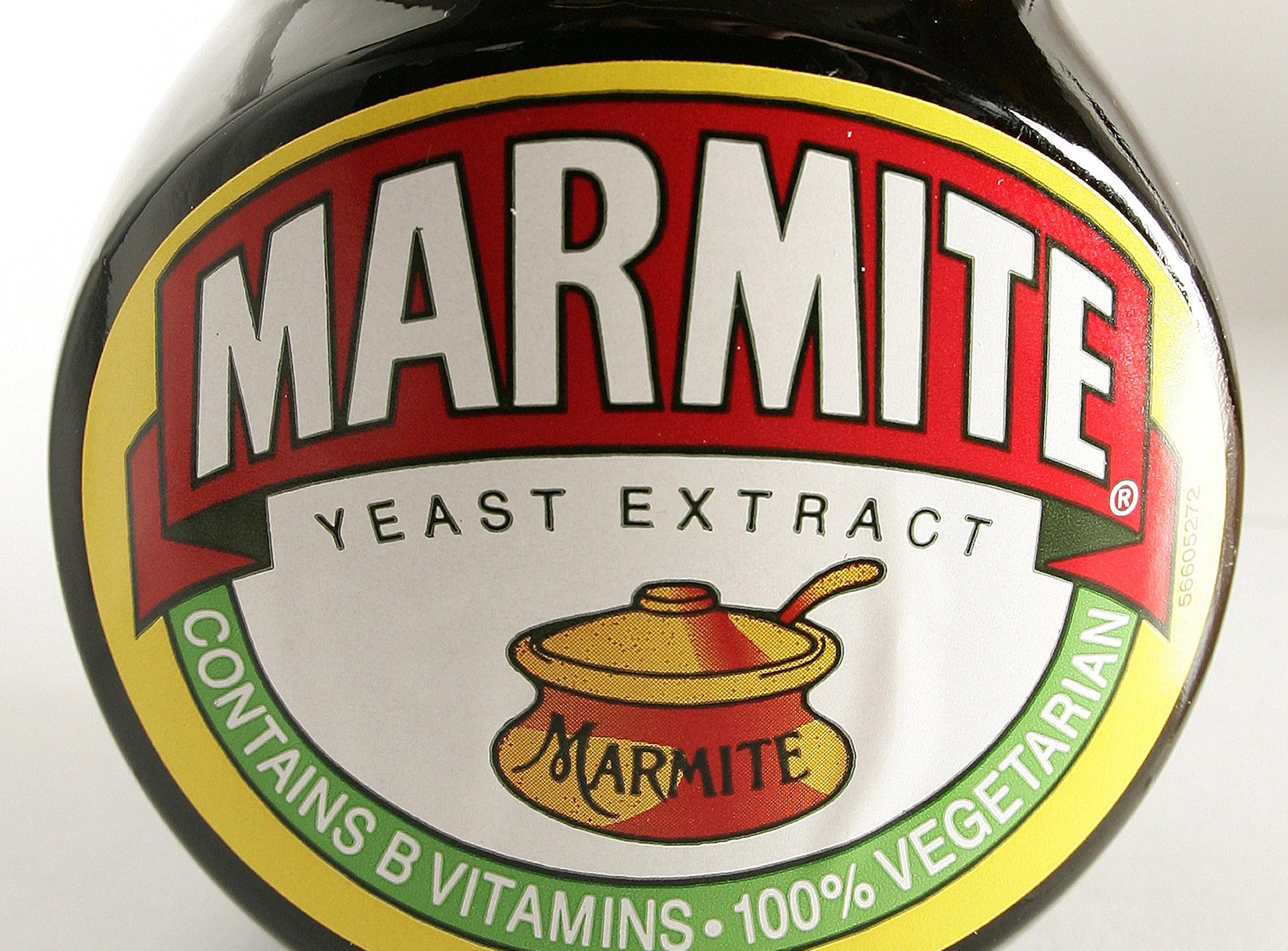Marmite is good for the brain, study finds
Researchers tested 28 healthy volunteers, half of which were assigned to the active Marmite group while the rest were placed in a control group who consumed peanut butter

Eating Marmite could have a positive impact on brain activity, a new study has suggested.
Researchers at the University of York say they have identified a potential link between consuming Marmite and the apparent increase of gamma-amino butyric acid (GABA) - a chemical messenger associated with healthy brain function.
They believe this is because Marmite is rich in vitamin B12, which encourages the body to produce the neurotransmitter that "regulates the delicate balance of activity needed to maintain a healthy brain".
Study author Dr Daniel Baker, from the university's department of psychology, said: "Marmite contains several substances associated with the production of GABA, an important neurotransmitter.
"We reasoned that consuming these might increase GABA levels more effectively than consuming GABA itself as this molecule cannot easily pass into the brain from the blood and is likely to be broken down in the digestive system."
Researchers tested 28 healthy volunteers, half of which were assigned to the active Marmite group while the rest were placed in a control group who consumed peanut butter.
They measured each participants' response to visual stimuli and recorded electrical activity in the brain using electroencephalography (EEG).
Researchers found those who ate a teaspoon of Marmite every day for a month showed a 30 per cent decrease in their brain's response to visual patterns.
GABA functions as an inhibitory neurotransmitter, sending chemical messages through the brain and the nervous system while blocking nerve impulses.
Its role is to reduce the excitability of the neurons or nerve cells and help maintain a healthy brain.
Dr Baker said: "This is important for preventing overactive neural responses, which might in extreme cases result in seizures."
Researchers say this study is the first to show how dietary choices can affect the brain's neural processes.
Anika Smith, a PhD student and first author of the study, said: "These results suggest that dietary choices can affect the cortical processes of excitation and inhibition - consistent with increased levels of GABA - that are vital in maintaining a healthy brain.
"As the effects of Marmite consumption took around eight weeks to wear off after participants stopped the study, this suggests that dietary changes could potentially have long-term effects on brain function."
Researchers say the study raises awareness of how diet can affect neural function while adding further analysis needs to be done to determine whether this technique could be used in medical applications.
Dr Barker adds: "In our next study we plan to give participants vitamin B12 supplements in pill form or a placebo to attempt to isolate whether this is the substance driving the effect."
The study is published in the Journal of Psychopharmacology.
PA
Join our commenting forum
Join thought-provoking conversations, follow other Independent readers and see their replies
Comments
Bookmark popover
Removed from bookmarks